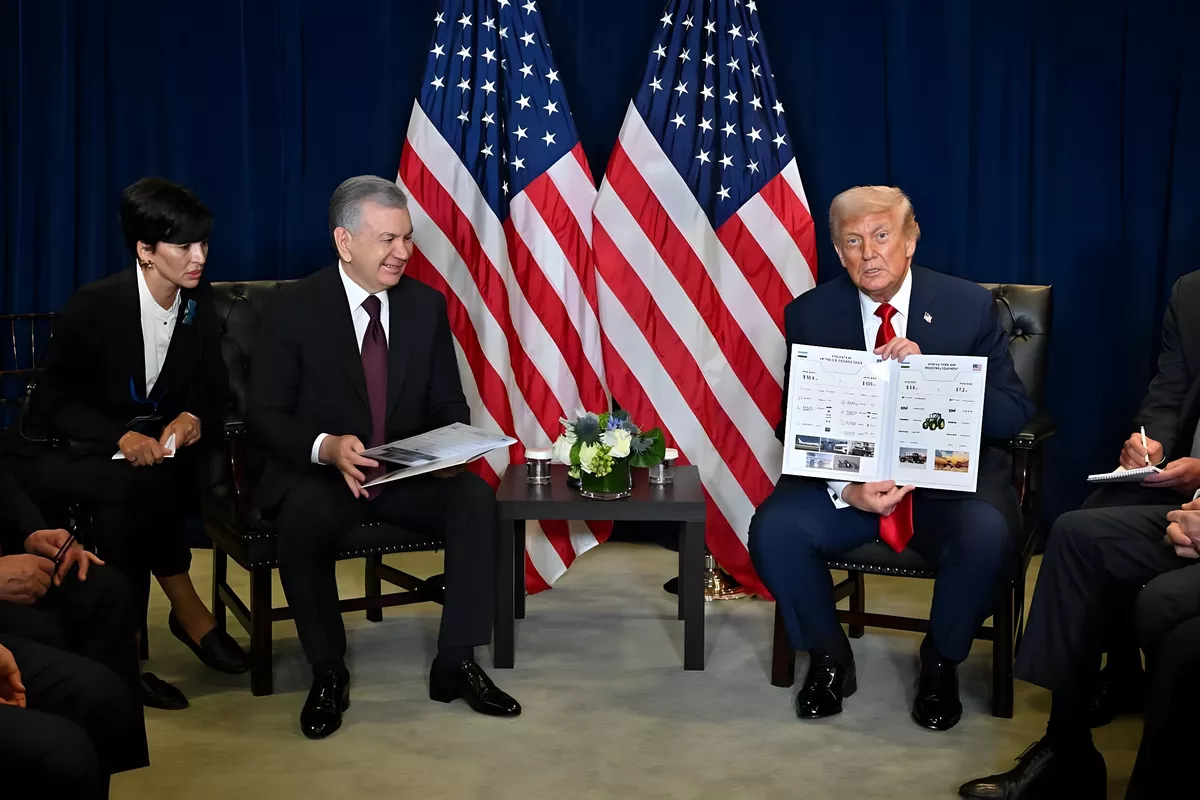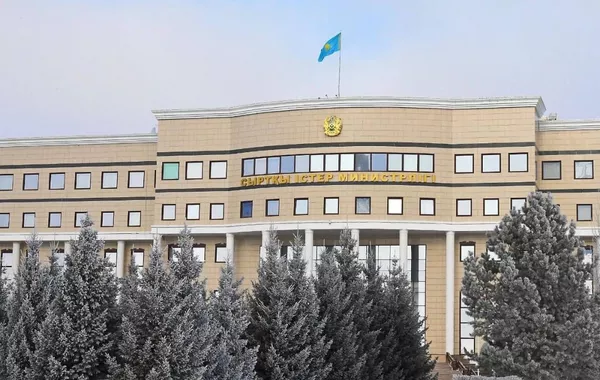
Photo: president.uz
Central Asian leaders are scrambling to prepare for a snap summit with President Trump in Washington. While critical minerals will undoubtedly dominate discussions, Central Asian officials will also be seeking US help in addressing an array of other pressing issues, including technology transfers, expanded cultural and educational exchanges and water-resource management, according to a source familiar with the preparations, The Caspian Post informs via EurasiaNet.
The Washington summit, organized under the C5+1 framework, is scheduled for November 6, according to a statement released by Kazakh President Kassym-Jomart Tokayev’s press office.
Kazakh and Uzbek officials for months have been trying to get Trump to become the first US president to visit Central Asia. Instead, Trump apparently wants home-turf advantage as he continues efforts to secure wide US access to Central Asia’s abundant critical mineral wealth, and check Russia’s and China’s influence in the region. China currently dominates the global critical minerals supply chain.
Since gaining power in January, the Trump administration has prioritized the critical minerals issue in its diplomatic engagement with Central Asian states.
Two top US diplomats, Special Envoy for South and Central Asia Sergio Gor and Deputy Secretary of State Christopher Landau, were due to be in the region from October 26-30 for talks with Kazakh and Uzbek officials. A State Department news release indicated the visit aims to “strengthen relations and expand commercial ties,” also noting the C5+1 framework is marking its 10th anniversary. The visit will likely help set the agenda for the Washington summit.
Central Asian states, intent on keeping their geopolitical and trade options diversified, are eager to expand cooperation with the United States in the surveying, mining, processing and export of rare earths and other critical minerals, according to well-informed Central Asian sources. To date, while Trump administration officials have repeatedly proclaimed interest in developing the critical minerals trade, few concrete steps have been taken in that direction. Central Asian expectations are that they will come away from the summit with a clear picture of investment commitments from both the Trump administration and US private corporations.
Already, the Trump administration is reportedly backing a US corporate entity effort to develop major tungsten deposits in Kazakhstan. But Central Asian states are looking to develop many more specific projects.
In tandem with the critical minerals issue, Central Asian states, especially Kazakhstan and Uzbekistan, are expected to seek a US commitment to ensure its export-control framework is fully staffed and functioning optimally to facilitate the rapid transfer of technologies used in a variety of economic sectors. Reports circulated this summer that US Commerce Department gridlock was stalling the granting of export licenses.
For Kazakh officials, in particular, the summit heightens expectations that they will receive a firm pledge from the Trump administration to work with the Republican-dominated Congress to repeal Jackson-Vanik trade restrictions and grant permanent most-favored nation trade status to Kazakhstan. Seen as an outmoded legacy of the Cold War, Jackson-Vanik designation has long been a sore spot for Astana in its relations with the United States. Kazakh officials say removing Jackson-Vanik status would “elevate C5+1 relations to new heights” and become a “legacy achievement” for the Trump administration.
Central Asian officials would additionally like to see the summit catalyze US cultural and educational exchanges, including an expansion of the Peace Corps program in the region. Regional governments believe educational exchanges can reinforce their own efforts to build up local managerial capacity. More trained professionals are needed in Central Asia to match governments’ economic reform ambitions to develop their own manufacturing, mining and artificial intelligence/IT sectors.
Water resource management may also be an agenda item for the Washington summit. Central Asian leaders have increasingly recognized the importance of joint action to manage water-related issues that threaten to undermine economic development efforts and cause social upheaval. Kazakhstan, for instance, will be seeking Washington’s assistance in addressing the decline of the Caspian Sea. The sea’s falling water level poses a significant challenge to the development of the US-supported Middle Corridor trade route. Cargo ships plying the sea now must carry lower-than-capacity loads in order to access some key ports, in particular the Kazakh port of Aktau.
Share on social media
